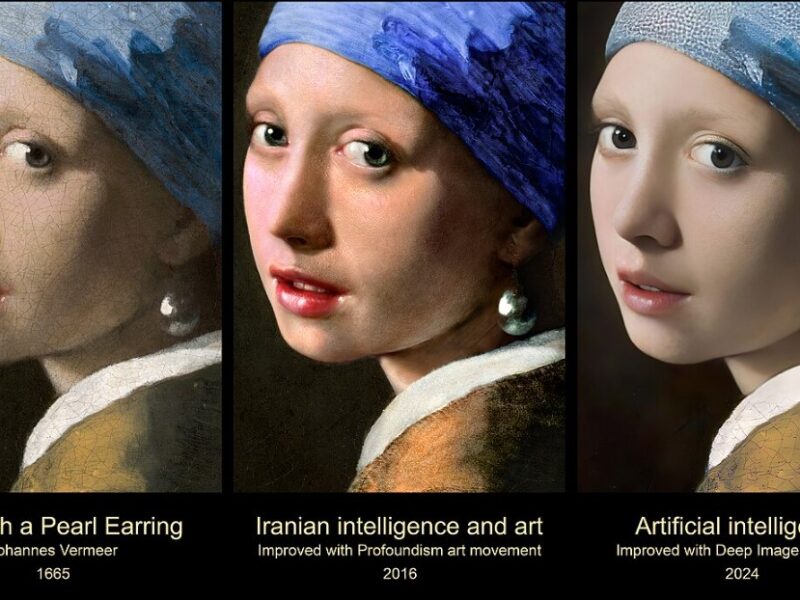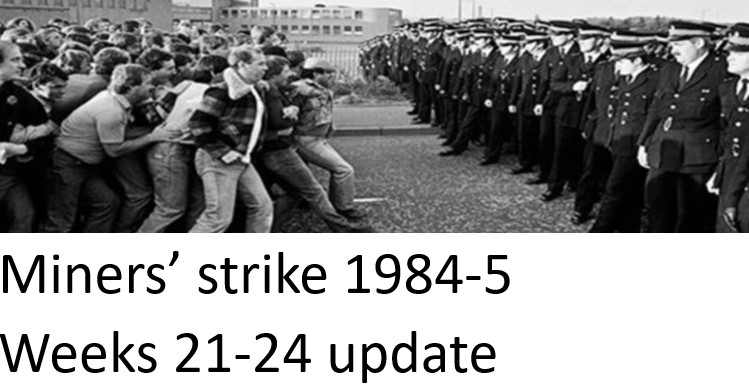Opinion piece by Caroline Forde
Caroline Forde is a postdoctoral researcher in the Centre for Global Women’s studies at the National University of Ireland, Galway. Although parts of this article pertain specifically to the Republic of Ireland, most of it has a validity for UK socialists and the international labour movement.
When we speak, we are afraid our words will not be heard or welcomed. But when we are silent, we are still afraid. So, it is better to speak (Audre Lorde).
Sarah’s Everard’s murder has sparked a national conversation about violence against women that is being replicated in countries across the globe. Sarah’s family have said that her murder should become a catalyst to bring about a positive change with regard to women’s safety.
Indeed, Sarah has become a centralising symbol for the institutional and societal reckoning long called for by advocacy groups, among others. In this sense, it is important to honour Sarah as a person and to be mindful of the trauma that has been inflicted upon her family and friends. First and foremost, the trauma and loss are personal.
Women living in fear
As the response to Sarah’s death unfolds, several competing themes arise. For instance, many women have been sharing their experiences of violence and trepidation on social media and in newspapers. Speaking of rape in 1975, Susan Brownmiller (Guardian, February 18, 2018) aptly noted the ‘conscious process of intimidation’ that keeps all women living in fear.
Much has been said about women’s safety strategies, such as clutching keys when walking home alone at night. The visceral sensations triggered in situations that are dangerous for them are well known by all women.
We have also seen reactions to Sarah’s case, such as victim-blaming and defensive posturing. The former focuses on what women ‘should’ do to protect themselves, such as taking taxis. As such, we have an implicit acknowledgment of the problem concerning safe spaces, yet the solution proffered focuses on the individuals who are affected, rather than the issue causing the problem – male violence.
Defensive posturing
This brings us to the defensive posturing best encapsulated by the trending #NotAllMen hashtag. Much like the related #AllLivesMatter hashtag levelled at the Black Lives Matter movement, the privileged are here seeking to colonise the space. In the current situation: a woman is murdered. Women voice their sympathy, while highlighting the wider problem of violence against women. Patriarchy seeks to re-establish control by attempting, once again, to silence women.

Not all men perpetrate violence against women, but all women have experienced some form of violence perpetrated by a man. Male violence is a continuum, from harassment (including ‘catcalling’) to murder.
This is why women are afraid, tired and frustrated. We protest, we rise, and still we are not heard. Indeed, women who were peacefully attending a vigil for Sarah in London were subjected to indefensible behaviour by the police. One young woman, who was not resisting being moved, was pinned to the ground. This appalling action only serves to reinforce the issues at hand.
Not safe
Women are not safe on our streets or in public spaces. We are harassed, assaulted, stalked, raped, murdered. A pleasant stroll in the afternoon can instantly become treacherous when a man makes a disparaging or lewd comment. A fun night out can suddenly turn into a nightmare when a man sexually assaults us and laughs off our protests, that is if we feel safe enough to protest. Any and all of our everyday activities are susceptible to sexism and violations.
Women are also not safe in taxis. We are not safe in our schools and universities, our places of work or on public transport.
Women are not even safe in our homes. It has taken the pandemic, which has exacerbated domestic violence against women, to shine a light on this ongoing issue.
In sum, women are not safe in our societies. This issue is staggering and wholly unacceptable. While some progress has been made worldwide to address violence against women, much work remains.
As highlighted by the executive director of the Rape Crisis Network Ireland, Clíona Saidléar, this work requires an acknowledgement of the dynamics underpinning male violence and the introduction of concrete measures to address it, measures that go far beyond additional street lighting.
Power and control
Violence against women is an abuse of power and control. Traditional norms of masculinity idealise men’s dominance, entitlement and restricted emotionality. It is men who adhere to these norms that perpetrate violence against women and other men. To eradicate this violence, we must eradicate these norms. Not only will this benefit women, but it will also benefit men. For example, some men feel pressured by society and peers to objectify women when they do not want to do so. This is a joint project, as echoed in the pertinent question posed by some men: What can I do to help women feel safer?

As highlighted by Jackson Katz, violence against women is a men’s issue and there are many things men can do. So, to the men responding with #NotAllMen, we ask you to listen. The anger being expressed by women is not directed at all men. It is directed at the patriarchy, at the misogynists and the men who violate women.
Challenge gender norms
We ask you to be our allies, to stand with us, to look at your privilege as a man and to help us challenge gender norms and violence against women.
We ask men to challenge unacceptable behaviour they witness, including sexist “jokes” and demeaning comments about women. We ask men to intervene, when it is safe to do so, if they witness a woman being harassed, assaulted or raped. We ask women and men to raise their sons to respect women and to understand consent.
At the societal level, we need a programme in schools, universities, youth clubs etc. that explores and challenges gender norms, so that girls and boys can be who they are, not what traditional societies expect them to be.
At the institutional level, we need increased funding to address violence against women and all forms of gender-based violence. We also need adequate sentences for convicted offenders, among other things.
We need action so that women can feel safe in our societies, so that we can breathe easily no matter where we are.
RIP Sarah



